Let the countdown to Christmas begin!
It's the most anticipated time of year, and it's almost here! We're here to help you countdown to a sustainable Christmas this year with our top Christmas tips.
We are all responsible for looking after our planet. Use this calendar to make small, sustainable changes every day this month!
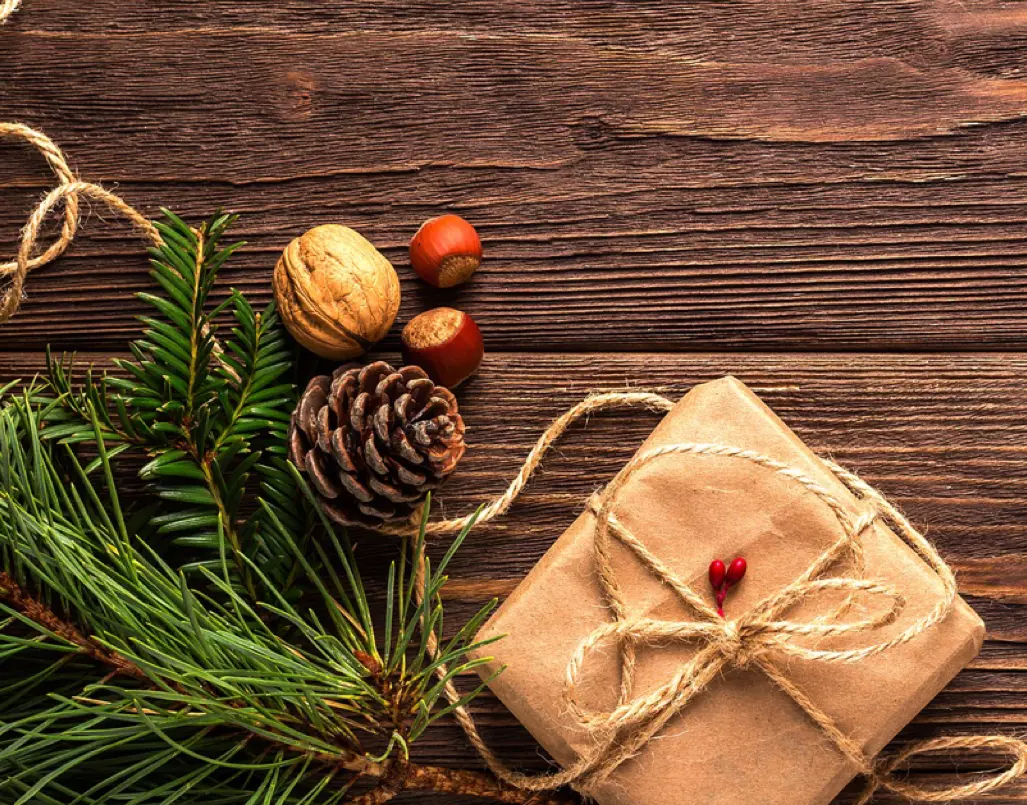

Broken fairy lights? Don't bin them! All electronics are full of precious materials we can recover, so bring them to your local HRC.
Better yet. . . why not take them to a repair cafe? Look out for the Balsall Heath, St John's Harborne, and Sutton Coldfield repair cafes (check websites for more information).
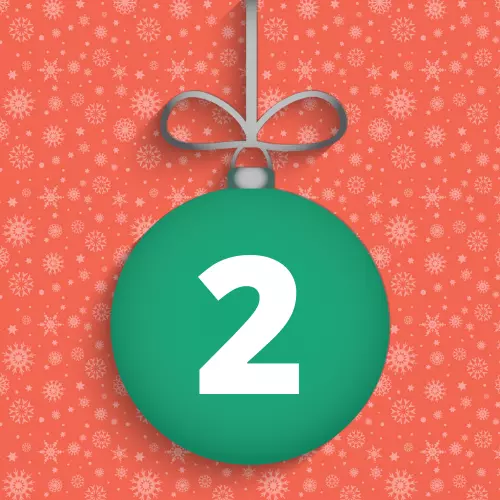
Did you know...
That the plastic waste generated by the UK each Christmas equals the weight of 3.3 million Emperor Penguins! Take extra care to recycle in this period, at school, work, and at home.
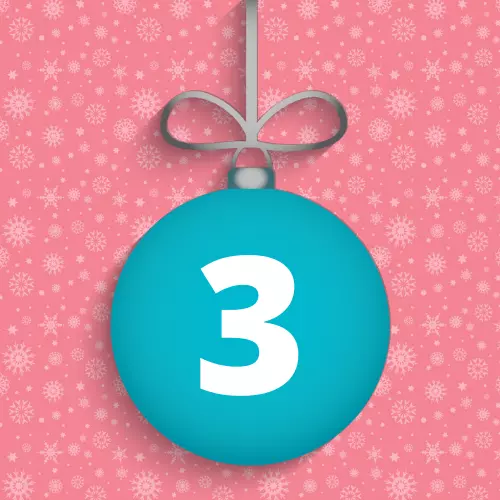
And watch the video below to see what happens to your cans as they go on their recycling journey...
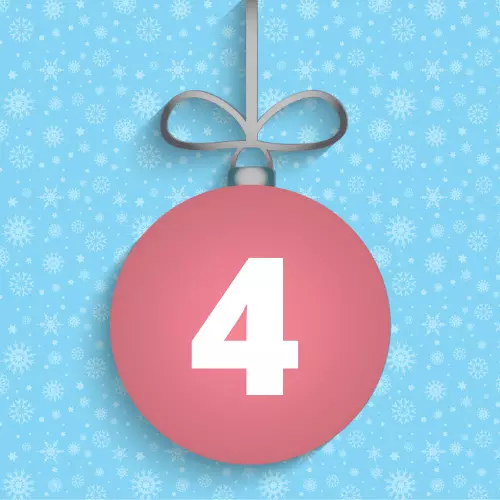
Did you know that lots of beauty retailers and brands are providing collection points for empties? Check out this map by the British Beauty Council to see where you can take back your beauty and grooming packaging and containers. High Street Stores like Holland and Barratt and Boots offer discounts and loyalty points, so be sure to look out for how recycling can bring savings!

Particularly with the rise of electric vehicles, there has been a major increase in demand for the raw materials that make batteries. For example, lithium demand is thought to increase by 9 times by 2050, and cobalt and nickel are thought to rise by 16% and 22% respectively (reference).
Mining for these raw materials is linked to major environmental degradation and labour abuse in countries like the Democratic Republic of Congo (reference). Watch the documentary which won the Premier Award at the Learning on Screen Awards 2023, ‘Cobalt Rush’, to learn more.
It is important to make these links, and understand how increasing battery recycling rates plays a role in improving ecological and human rights conditions across the world!
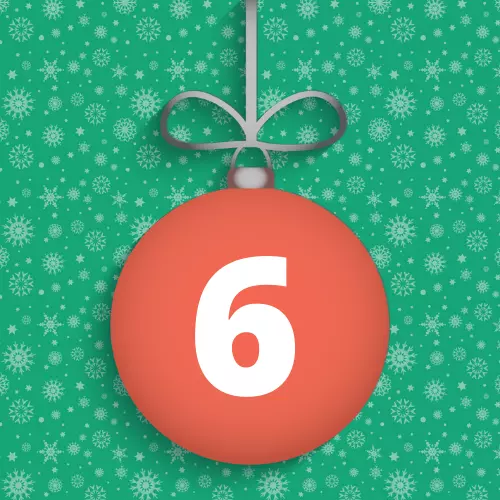
Why not check out Furoshiki instead of traditional wrapping paper?
This is a Japanese technique using fabric scraps to wrap gifts. This makes the packaging part of the gift, and your friends and family can re-use the fabric themselves. You could use an old dress, bedsheet, curtain, or shirt to make the squares.
Here is a guide to Furoshiki by Cover Earth. It looks at the fascinating history of the practise, and gives advice on techniques. Get folding!
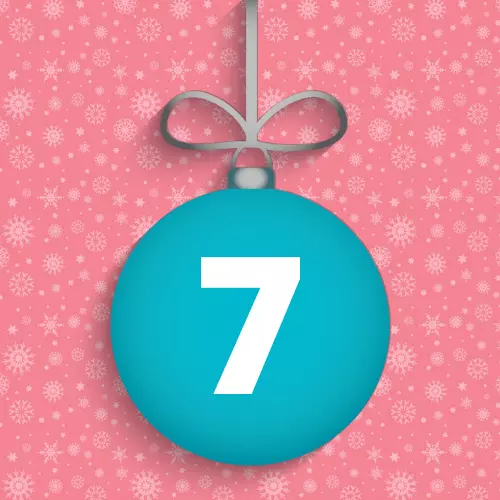
We need to move past disposable decorative plastic! Here are some eco-friendly glitter alternatives:
- sand glitter
- coloured rice
- recycled sequins or beads
- dried flowers
- sugar glitter
- crushed glass glitter
- bio-degradable glitter
Challenge yourself to make the sparkle-swap this Christmas!
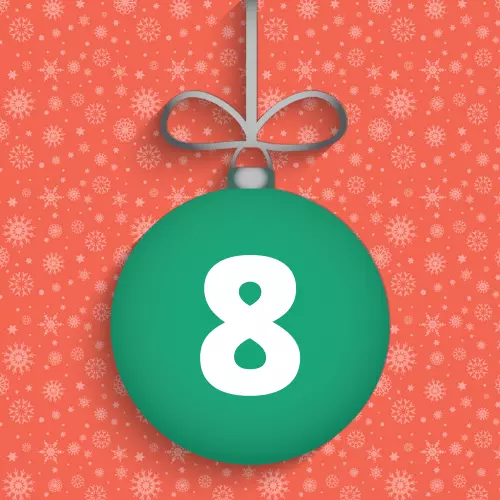
I challenge you to make this Origami Christmas Tree by Jo Nakashima...
Credit to Jo Nakashima (12/12/2018)
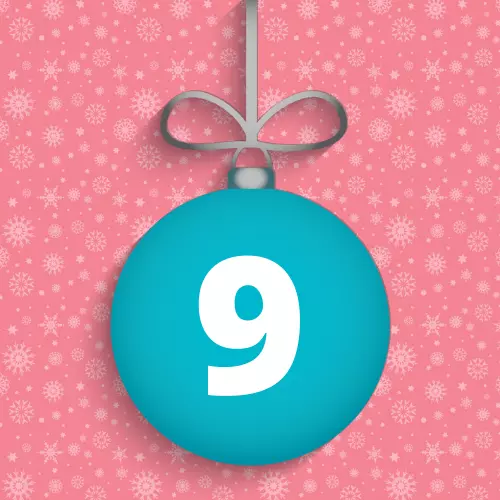
Did you know...
You can collect the pine needles that fall off Christmas trees and use it as mulch, by spreading it around the bases of plants, shrubs and trees. Acidic plants, like roses or blueberries particularly love it!
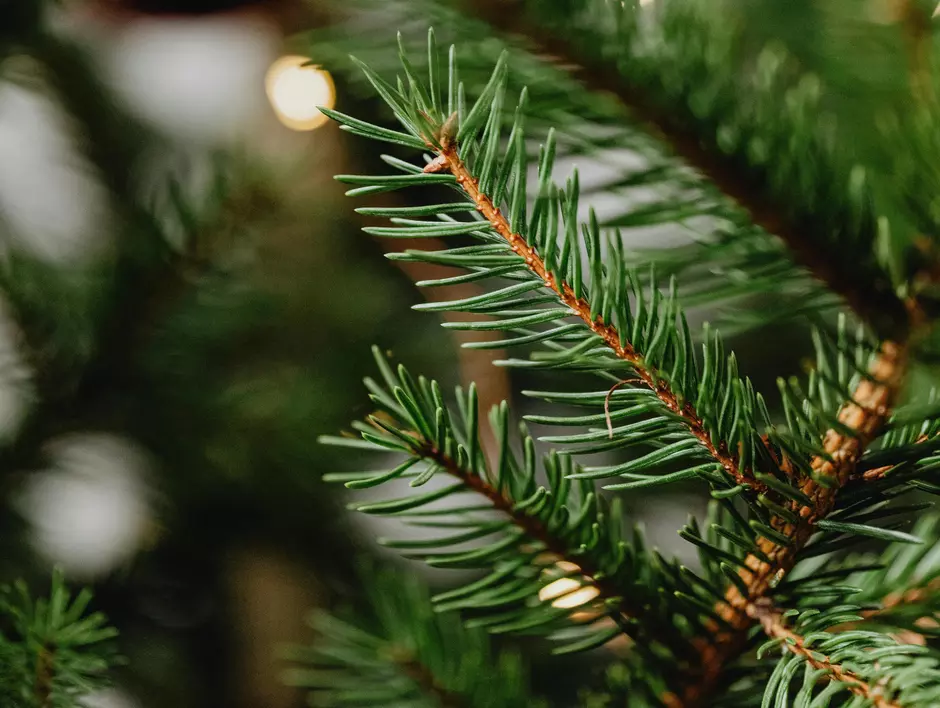

Why not get crafty with your cardboard waste?
It is a known fact... kids can have as much fun with a cardboard box as with the toy inside!
Why not challenge yourself to make a dolls house, a pair of angel wings, or a cardboard car from your old boxes? Use this blog, from KiwiCO, for inspiration!

Watch this video below to understand what happens to plastic once it is sent to us to be recycled...
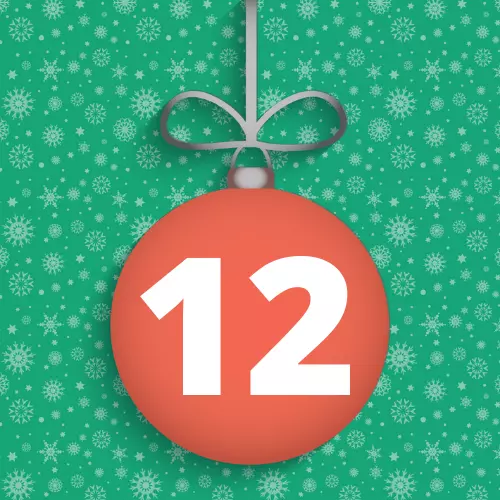
Guess how many Christmas toys are neglected by the end of January?
25 million in just the UK
120 million over the year!
If your toys aren't quite right, make sure you donate them properly, so they can be loved by another child. Most charity shops accept toys in good condition, or the Toy Project which focuses on recycling toys.
Electronic toys especially should not be thrown out! They have all sorts of valuable materials in them which should be recycled correctly.
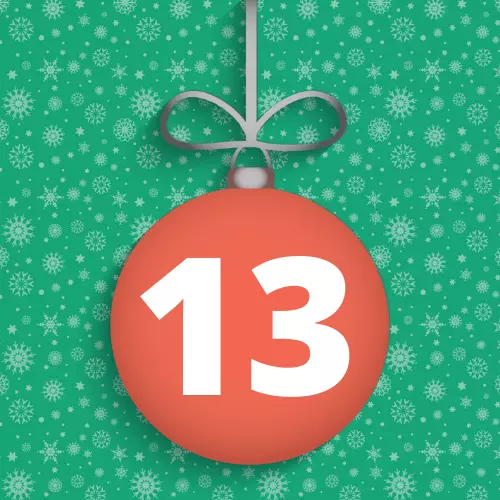
Over-buying food is almost considered a Christmas tradition. With supermarket deals, festive selections, never mind the pressure of cooking for your in-laws, it is hard to avoid buying more food than you need.
But with 270,000 tonnes of good food being wasted at Christmas, it is time to turn this habit around!
Here are some questions to ask yourself when you are food shopping this December:
- Did I plan to buy this?
- How many people am I cooking for?
- Do I need more food, or is it just an appealing deal?
- Do my family actually eat this dish, or is it just traditional?
- Am I prioritising quality over quantity?
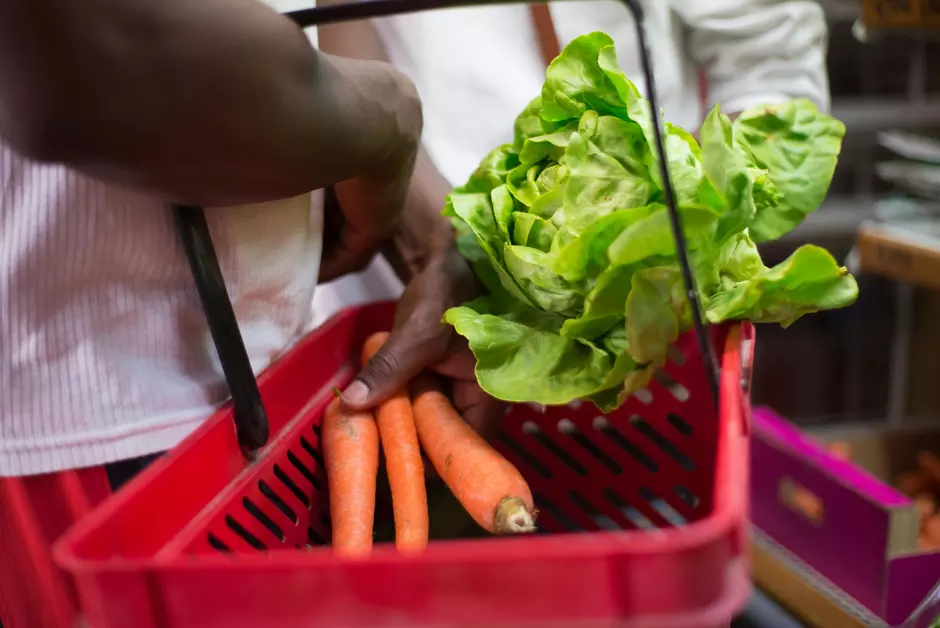
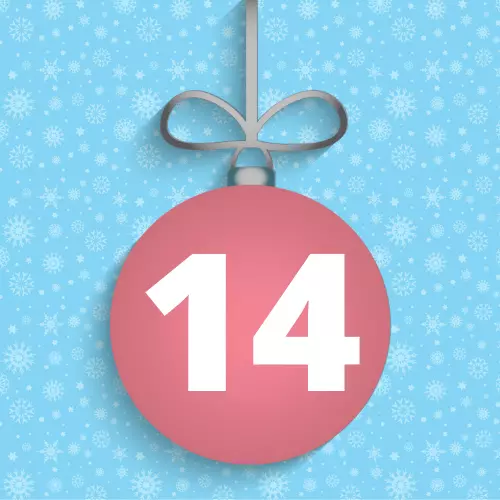
Keep CONTAMINATION in mind!
Paper or plastic with greasy food residue can contaminate an entire batch of recycling. Oil, grease and food are difficult to remove, and the paper fibres struggle to separate during the pulping process. It can also attract insects and pests whilst it is stored before recycling.
Throwing these items away is not your only option...
Instead of throwing soiled cardboard, like pizza boxes, in household waste, you could compost it, or use it as mulch in the garden!
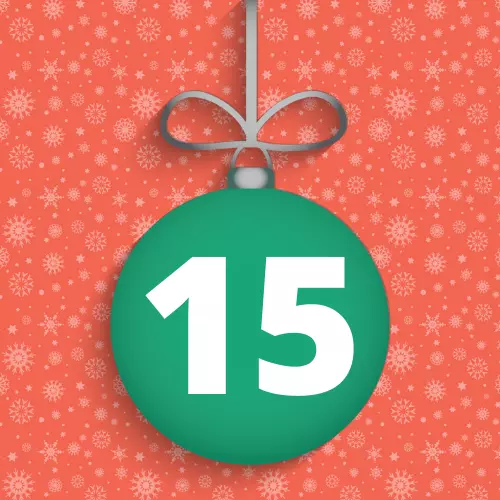
Watch this video below for ideas on how to re-use chocolate wrappers for home decorations! Watch this video by Siya Handicrafts to learn how to re-use chocolate wrappers in home decorations.
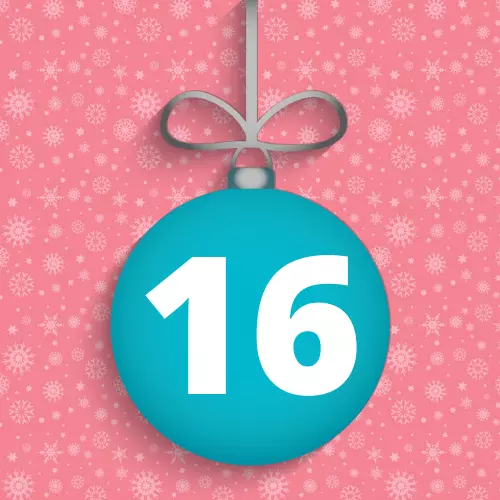
Advent calendars can be a massive waste of packaging, so why not make your own? This way, you can personalise the gifts, reduce waste, and use recyclable materials- win win win!
Some ideas:
- Fabric calendar
- Sewing a calendar is time-consuming, but worth it, as you can re-use it every year! They can have all sorts of designs, customised for all sorts of items, and you can up-cycle fabric scraps to make the little pockets
- Check out this dot n cross tutorial for inspiration
- Cardboard box calendar
- Use this simple tutorial from instructables to make a calendar out of cardboard
- If you are feeling more ambitious, use this tutorial from eytozee to make a countdown from little cardboard houses
- Jar calendar
- Why not DIY a unique calendar this year out of recycled jars? You can take this idea in lots of directions. Family crafts shows you how to create a countdown jar, but if you are interested in woodwork, you can use the Bosch tutorial to learn to make a Christmas tree calendar out of jars
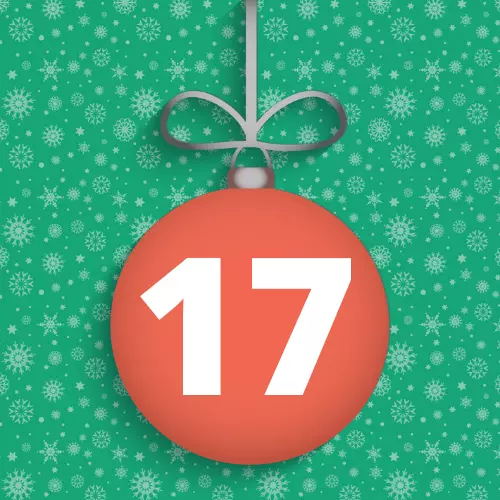
Tis the season for hot chocolate, mulled wine, spiced cider, pumpkin lattes... but this doesn't have to increase cardboard waste!
Re-usable coffee cups are widely available, and many sellers even give a discount if you provide your own container. It makes a perfect stocking filler!
Remember, reusable cups needs to be used between 20 and 100 times in order to have lower emissions than a disposable cup.
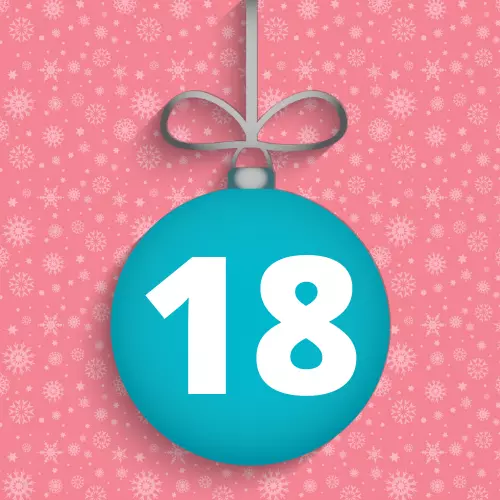
The UK is the second highest producer of electronic waste per capita in the world.
If you are interested in repair, and concerned about this fact, check out The Restart Project. They are an international social enterprise that believes every product should be repairable, and that repair and reuse should be accessible and affordable for everyone.
See if they have any events near you, join their online community, or get involved in their campaigns!
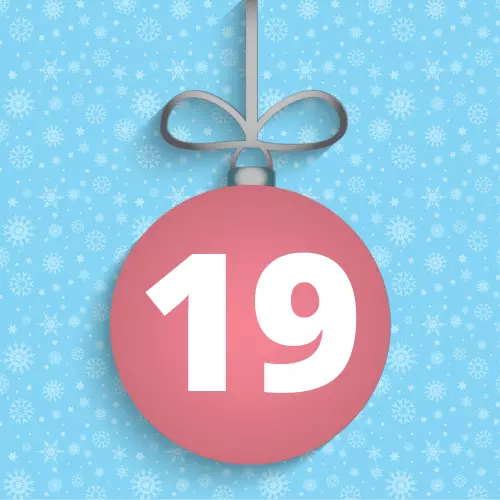
Did you know that 84% of UK households are unintentionally contaminating their recycling bins?
Lets look at glass and plastic... when they are thrown into recycling bins without proper cleaning, they can be unsuitable for recycling, and contaminate other recyclable items.
It only takes a quick wash to ensure all your recycling is suitable! Don't let your hard work separating go to waste.
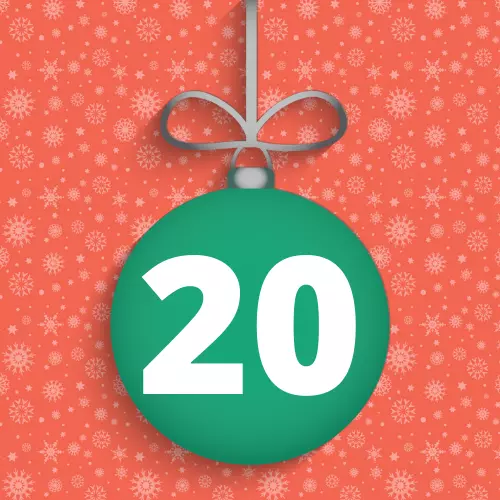
There are so many symbols on packaging it is easy to get confused... but the green dot should not be confused with the others! It is NOT an environmental symbol or an eco-label, but instead a sign that this company is assuming producer responsibility for packaging.
Therefore, it indicates that a financial contribution has been paid to a nationally authorised take-back system.
Look out for this lesser-known symbol this Christmas!
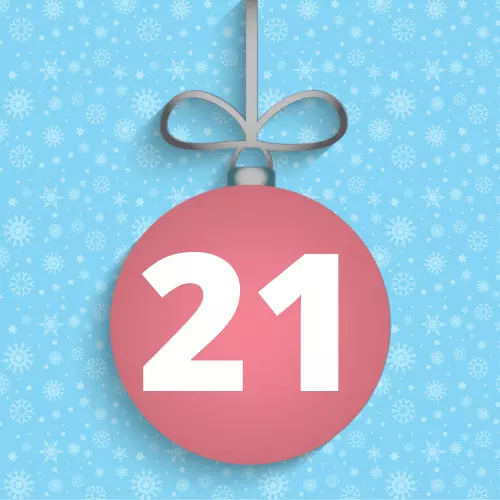
Check out all the corners of our website to find out more about how we operate, and the journey of waste!
Why not take it one step further...
Our Visitor Centre is able to host visits, workshops and talks with a range of groups in Birmingham! Check out our visitor page, and book a visit to get an in-depth understanding of recycling and the circular economy.
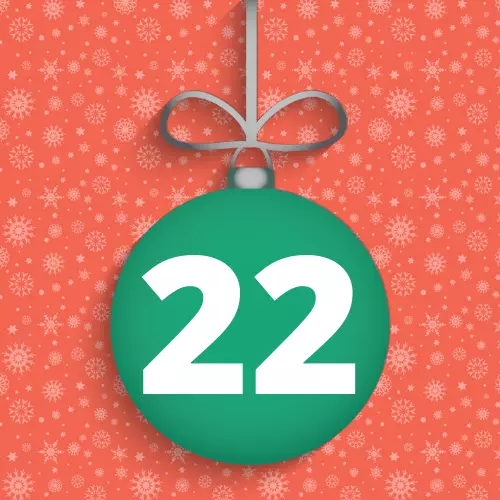
Did you know that there are therapeutic benefits of recycling?
Studies have shown that recycling (this includes up-cycling, de-cluttering, donating and sorting) can:
- enhance a sense of connection with nature
- reduce stress
- increase mindfulness and create a sense of purpose
- form a routine which helps reduce anxiety
- help build connections with others, as you bond over a shared purpose
Check out this recycle nation article to learn more!
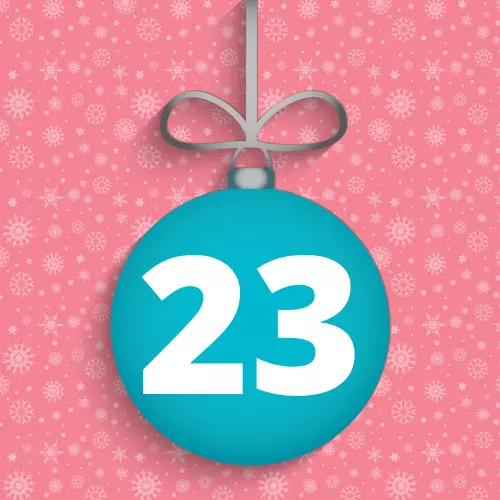
Check out this blog by Isoscella to find creative ways you can use toilet rolls as Christmas decorations! They are perfect for kids, and show how you can decorate for Christmas without spending a penny.
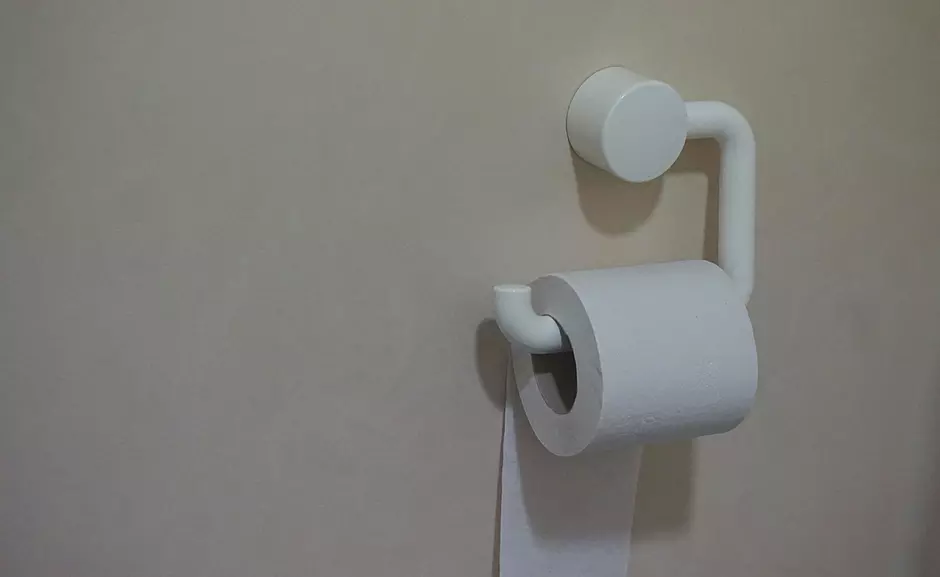
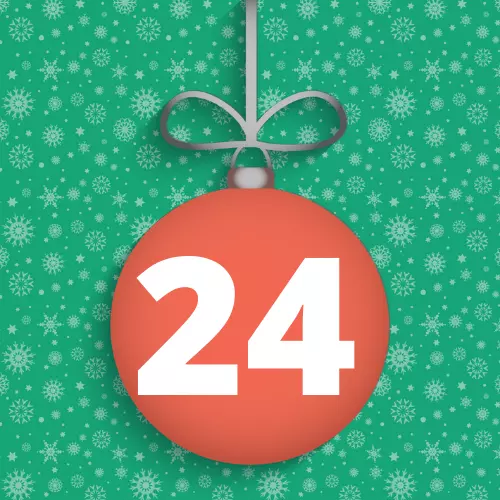
Merry Christmas everyone!

